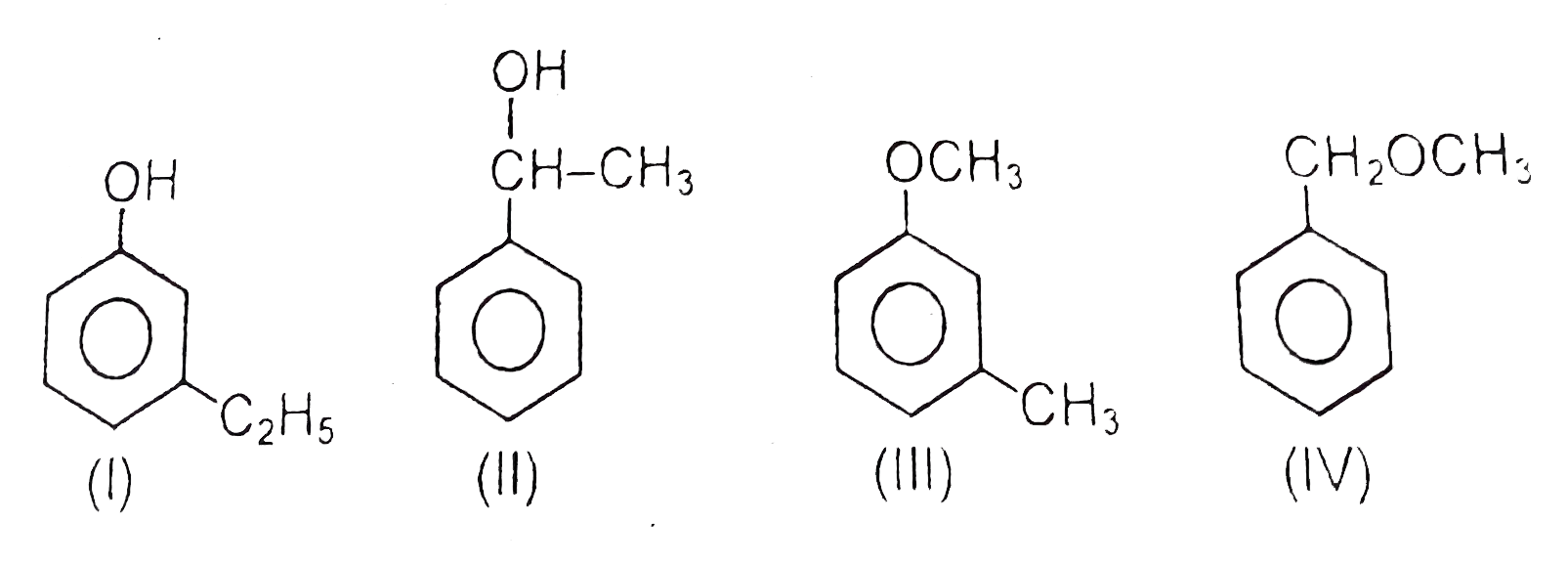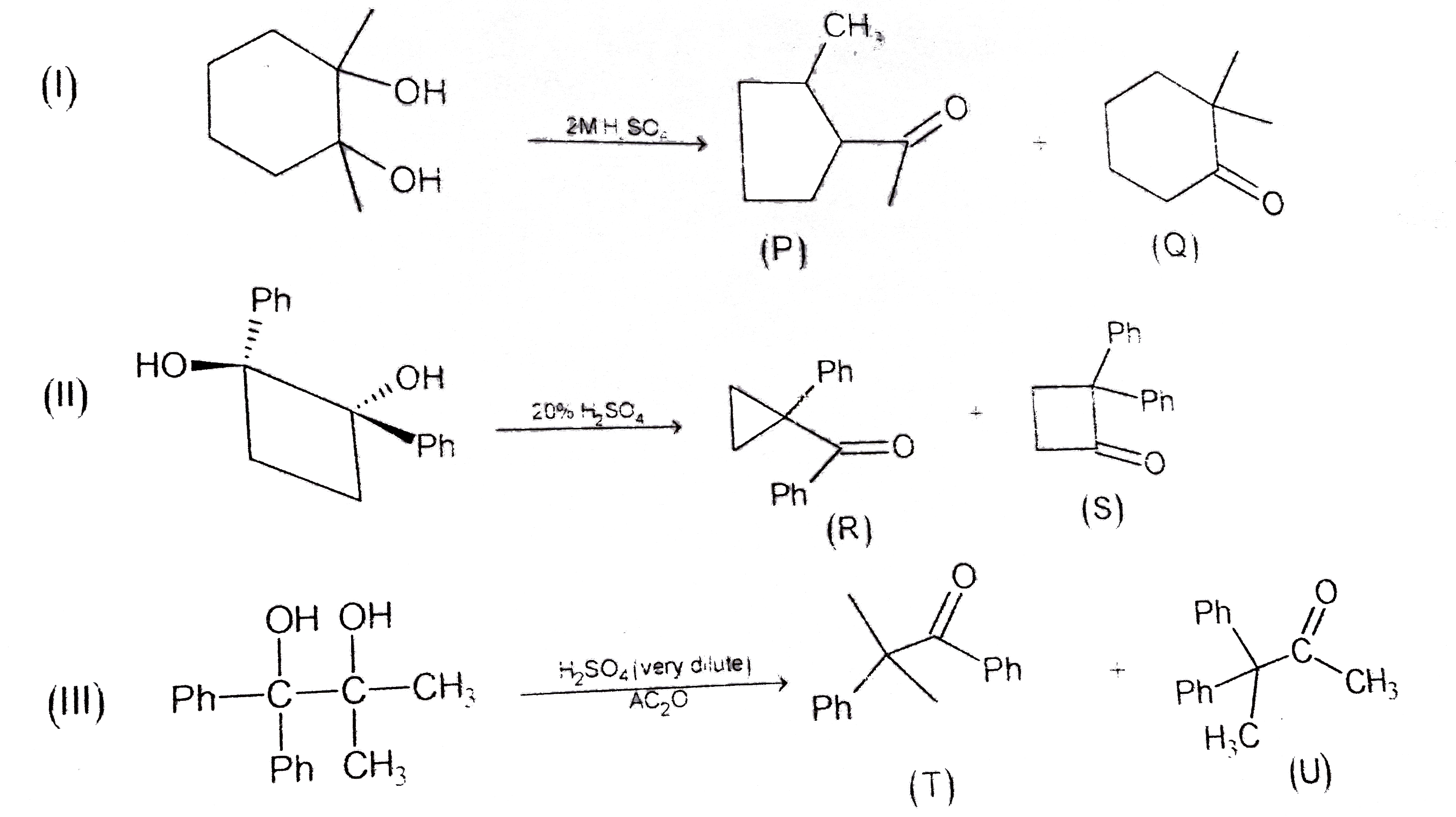Consider the following two statements:
(A)Kirchhoff's junction law follows from conservation of charge.
(B)Kirchhoff's loop law follows from conservative nature of electirc field .
Both A and B are wrong
A is correct but B is wrong
A is wrong but B is correct
Both A and B are correct
The correct Answer is:D
To analyze the statements regarding Kirchhoff's laws, we will evaluate each statement one by one.
Step 1: Evaluate Statement (A)
Statement (A): Kirchhoff's junction law follows from conservation of charge.
Kirchhoff's junction law states that the total current entering a junction must equal the total current leaving the junction. This can be mathematically expressed as:
Iin=Iout
This law is a direct consequence of the conservation of electric charge, which states that charge cannot be created or destroyed in an isolated system. Therefore, the total charge flowing into the junction must equal the total charge flowing out.
Conclusion for Statement (A): This statement is true.
Step 2: Evaluate Statement (B)
Statement (B): Kirchhoff's loop law follows from the conservative nature of electric field.
Kirchhoff's loop law states that the sum of the potential differences (voltage) around any closed loop in a circuit must equal zero. Mathematically, this can be expressed as:
∑V=0
This law arises from the fact that electric fields are conservative. In a conservative field, the work done moving a charge around a closed path is zero, which means that the potential difference between two points is independent of the path taken. Thus, when you return to your starting point in a closed loop, the total potential change is zero.
Conclusion for Statement (B): This statement is also true.
Final Conclusion
Both statements (A) and (B) are correct. Therefore, the answer is that both statements are true.
---
Statement (A): Kirchhoff's junction law follows from conservation of charge.
Iin=Iout
This law is a direct consequence of the conservation of electric charge, which states that charge cannot be created or destroyed in an isolated system. Therefore, the total charge flowing into the junction must equal the total charge flowing out.
Statement (B): Kirchhoff's loop law follows from the conservative nature of electric field.
∑V=0
This law arises from the fact that electric fields are conservative. In a conservative field, the work done moving a charge around a closed path is zero, which means that the potential difference between two points is independent of the path taken. Thus, when you return to your starting point in a closed loop, the total potential change is zero.
Both statements (A) and (B) are correct. Therefore, the answer is that both statements are true.
Topper's Solved these Questions
- CURRENT ELECTRICITYBOOK - DC PANDEY ENGLISHCHAPTER - CURRENT ELECTRICITYEXERCISE - B. Assertion and reason
18 Videos
- CURRENT ELECTRICITYBOOK - DC PANDEY ENGLISHCHAPTER - CURRENT ELECTRICITYEXERCISE - Match the columns
4 Videos
- CURRENT ELECTRICITYBOOK - DC PANDEY ENGLISHCHAPTER - CURRENT ELECTRICITYEXERCISE - Check point
70 Videos
- COMMUNICATION SYSTEMBOOK - DC PANDEY ENGLISHCHAPTER - COMMUNICATION SYSTEMEXERCISE - Subjective
11 Videos
- ELECTROMAGNETIC INDUCTIONBOOK - DC PANDEY ENGLISHCHAPTER - ELECTROMAGNETIC INDUCTIONEXERCISE - Medical entrances gallery
25 Videos
Similar Questions
Knowledge Check
Which of the following statements is not true about Gauss's law?
AGauss's law is true for any closed surface.BThe term q on the ringht side of Gauss's law includes the sum of all charges enclosed by the surface.CGauss's law is not much useful in calculating electrostatic field when the system has some symmetry.DGauss's law is based on the inverse square dependence on distance contained in the coulomb's law.Which of the following statements does not describe Charles' law ?
AThe volume of a given amount of a gas at constant pressure varies directly as its absolute temperature .BFor each degree change in temperature , the volume of a sample of a gas changes by the fraction 1273 of its volume at 0.∘C.CAll gases expand or contract by the same fraction of their volume at 0.∘C per degree change in temperature .DVt=V0(273−t273)
Which of the following statements is false with respect to the law of conservation of mass?
View SolutionConsider the following compounds:

Choose the correct statements(s) from the following:
View SolutionA : Kirchhoff's Current law is applicable at any junction isor node in the circuit.
R : Kirchhoff's laws are general in nature .
View SolutionWhich of following statements are incorrect about Henry's law ?
View SolutionConsider the following reactions:

Select the correct statement from the following:
View SolutionKirchhoff's first law of electricity follows.
View Solution
